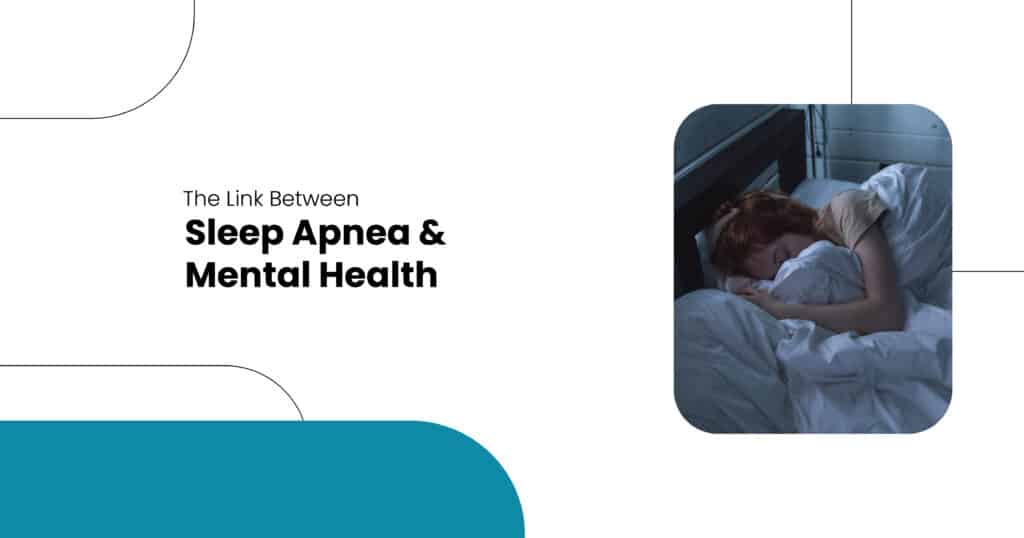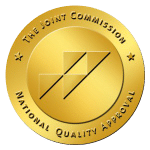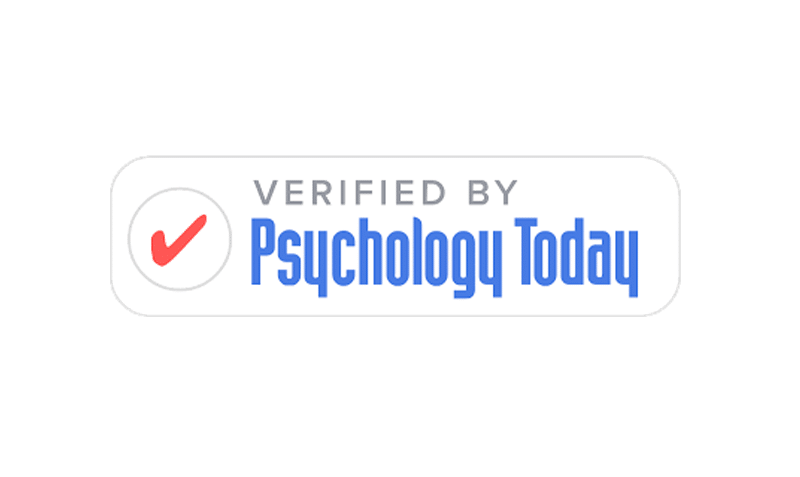In today’s fast-paced world, many overlook the importance of a good night’s sleep. But did you know that sleep apnea, a common sleep disorder, could have a profound impact on your mental health? This comprehensive guide will explore the intricate relationship between sleep apnea and mental well-being, exploring its effects, symptoms, and potential treatment options.
Understanding Sleep Apnea: A Primer
Understanding Sleep Apnea: A Basic Overview Sleep apnea is a sleep problem where breathing stops or gets very shallow while you sleep. These pauses can happen for a few seconds to minutes and often occur at night. There are three main types of sleep apnea:
Obstructive Sleep Apnea (OSA): This type is the most usual. It occurs when the muscles in the throat loosen up, causing a blockage in the airway.
Central Sleep Apnea (CSA): Unlike OSA, this form arises when the brain doesn’t properly communicate with the breathing muscles.
Complex Sleep Apnea Syndrome (CompSA): Also dubbed treatment-emergent central sleep apnea, this condition involves experiencing both obstructive and central sleep apnea simultaneously.
The Interplay Between Sleep Apnea and Mental Health
Impact on Mental Health
Research has shown a clear correlation between sleep apnea and various mental health conditions, including:
- Depression: Individuals with untreated sleep apnea are at a higher risk of developing depression. The fragmented sleep patterns and oxygen deprivation associated with sleep apnea can disrupt neurotransmitter function, leading to mood disturbances.
- Anxiety: Chronic sleep deprivation due to sleep apnea can exacerbate feelings of anxiety and stress. The constant fatigue and cognitive impairment associated with poor sleep can further contribute to heightened anxiety levels.
- Cognitive Impairment: It has been linked to cognitive dysfunction, including difficulties with memory, concentration, and decision-making. The cognitive deficits can significantly impact daily life functioning and overall.
Symptoms Overlap
It’s important to note that the symptoms of sleep apnea often overlap with those of mental health disorders, making diagnosis and treatment challenging. Common symptoms shared by both conditions include:
- Fatigue
- Irritability
- Poor concentration
- Mood swings
- Daytime sleepiness
Unveiling the Mechanisms
Neurobiological Factors
Several neurobiological mechanisms underlie the relationship between sleep apnea and mental health disorders:
- Hypoxia: Episodes of oxygen deprivation during sleep can lead to neuronal damage and inflammation in the brain, which contributes to mood disorders such as depression and anxiety.
- Sympathetic Activation: Sleep apnea triggers the body’s stress response, leading to increased sympathetic nervous system activity and cortisol levels, negatively impacting mental health.
- Neurotransmitter Imbalance: Disruptions in neurotransmitter systems, particularly serotonin and dopamine, play a significant role in the development of mood disorders associated with sleep apnea.
Sleep-Wake Cycle Disruption
Sleep apnea disrupts the normal sleep-wake cycle, leading to fragmented sleep and reduced REM (rapid eye movement) sleep. These disturbances can impair emotional regulation and exacerbate symptoms of depression and anxiety.
Treatment Strategies: Addressing the Root Cause
Continuous Positive Airway Pressure (CPAP) Therapy
CPAP therapy is the top treatment for obstructive sleep apnea. It means wearing a mask hooked up to a machine that blows air to keep your airway open while you sleep. By making sure you get enough air, CPAP therapy can ease sleep apnea symptoms and make your mental health better.
Lifestyle Modifications
In addition to CPAP therapy, lifestyle modifications can significantly improve both sleep apnea and mental health:
Weight Management: When you’re overweight, you’re more likely to have sleep apnea. However, losing weight by eating well and exercising can make sleep apnea symptoms less severe.
Sleep Hygiene: Good sleep habits, like going to bed and waking up at the same time every day, making your sleeping area cozy, and avoiding things that can keep you awake before bed, can improve sleep.
Stress Reduction Techniques: Lowering stress through mindfulness, yoga, or deep breathing can relax you and improve your sleep.
Cognitive Behavioral Therapy (CBT)
CBT, or cognitive-behavioral therapy, is a type of therapy that works on finding and changing negative thoughts and behaviors. It’s proven to help treat both sleep apnea and mental health issues that happen at the same time by dealing with the psychological reasons behind them.
Conclusion: Nurturing the Mind-Body Connection
In conclusion, there’s no denying the connection between sleep apnea and mental health. By understanding the complex interplay between these two conditions and implementing comprehensive treatment strategies, individuals can improve their sleep quality, alleviate symptoms of depression and anxiety, and ultimately enhance their overall well-being. Remember, seeking professional help and adopting healthy lifestyle habits are crucial steps towards a happier, healthier life.












